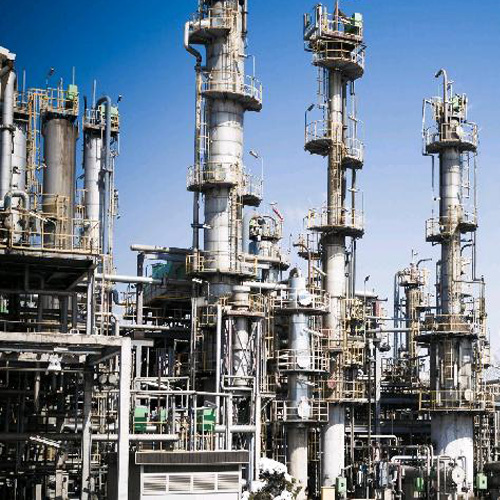Titanium fittings for PTA
Titanium and titanium alloys fittings find wide use in PTA (Purified Terephthalic Acid) devices due to their superior corrosion
resistance and durability. Here are some key points regarding titanium's use in PTA devices:
alloy fittings to reduce equipment weight, improve mechanical performance, lower energy consumption and transportation costs as
well as overall costs of operation while simultaneously decreasing overall costs of operations.
allows titanium fittings to remain reliable over longer service lives while decreasing maintenance and replacement frequency.
How to choose the right titanium alloy material?
To choose the right titanium alloy material, you can consider the following factors:
-
Application environment: Determine the working environment in which you need the fittings, whether it requires resistance to corrosion, high temperatures, low temperatures, etc. Select titanium alloy materials with corresponding corrosion resistance and heat resistance based on different environmental requirements.
-
Mechanical properties: Determine the required mechanical properties for your application, such as strength, toughness, fatigue resistance, etc. Choose titanium alloy materials with appropriate mechanical properties based on these requirements.
-
Processability: Consider the processability of the material, such as forgeability, weldability, etc. If machining is required for the fittings, ensure that the selected titanium alloy material is easy to process and shape.
Selecting titanium alloy with appropriate chemical composition. Performance of titanium alloys is directly impacted by their chemical composition, which largely relies on the addition of alloying elements. When selecting titanium alloy fittings, make sure the chemical composition meets your requirements; main alloying elements in these alloys include aluminum (Al), vanadium (V), zirconium (Zr), tin (Sn), iron (Fe) and nickel (Ni), etc. Different chemical compositions will have various impacts on mechanical properties, heat treatment performance and corrosion resistance properties; select one based on specific application needs if possible.
Latest News
Contact Us

Name: Mr. Ren
Tel: +86-18292471213
E-mail: info(at)intemetal.com
Add: Middle Section Baotai Road, Weibin District, 721013, Baoji, Shaanxi Province, China








